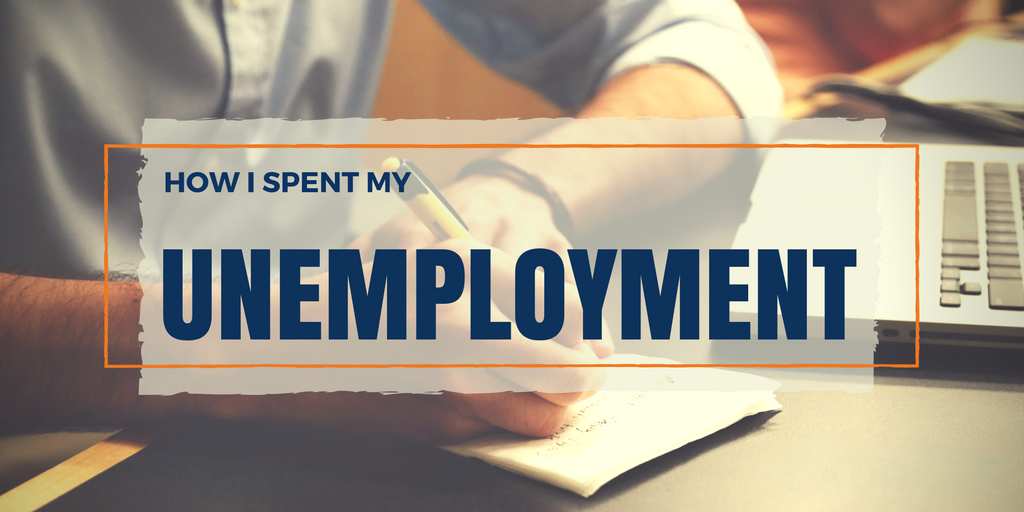Unfortunately, being unemployed is pretty common, often more than once in your career. Sometimes we have left a job voluntarily (not a good idea, usually). Sometimes the job ends because the employer shuts down all or part of their organization. Other times the job ends because of a disagreement with the manager.
Regardless of the reason, being unemployed creates a “gap” on the resume and LinkedIn Profile. That gap can make a job search more challenging.
4 Keys to Finding a New Job When Unemployed
Millions of people land new jobs every month, and they weren’t all employed when they were hired. You can, too! This is how:
1. Focus your job search.
You can’t meet the requirements for every job open, and you probably wouldn’t like to do every job that is available.
So, figure out the job that is the best fit for your knowledge, skills, and experience.
Search through a site like Job-Hunt’s sponsor Indeed, which is the largest collection of job postings in the world.
Look for jobs you would like and would succeed at. What are the requirements and typical job titles used?
Which employers in your target location hire people doing that job?
Then, target that job with your resumes, LinkedIn Profile and other LinkedIn activities, and your networking and outreach toward that job with those target employers.
Today, a generic, keeping-my-options-open, don’t-pigeon-hole-me job search is a recipe for failure. Because of today’s technology, job seekers must be focused so they can bring all the elements of their job search together and present a consistent image online.
2. Get up-to-date with technology recruiters use.
Employers often compare an applicant’s resume with their LinkedIn Profile to verify the “facts” on the resume. If you don’t have a LinkedIn Profile, your application will probably be discarded. The assumption made is either that you are out-of-date with how business works today, or you are hiding something.
If you aren’t actively involved with LinkedIn (the free membership is sufficient), with an up-to-date, keyword-rich Profile, you are going to be missed by recruiters looking for people with your skills and experience. Leverage the focus you have discovered in number 1, above, to attract employers to your LinkedIn Profile with the right keywords.
LinkedIn is an excellent way to build out your network, too, by participating in relevant LinkedIn Groups (members can join 100 Groups) for the location, industry, profession, etc.
3. Don’t do your job search in solitude!
Join a job club. Find one through your local church (where it may be held, without a requirement to belong to that church), local public library, local city hall, etc. Also check with a site like MeetUp.com for groups in your area.
With all of the rejection associated with job hunting for everyone but a very few lucky people, you need help understanding the whole job search process today. Successful job search today is radically different from successful job search in 2010 and earlier (see the importance of LinkedIn, in #2, above).
When you are in a group, you learn from each other, help each other, and have a good reason to get out of the house and away from your computer.
When you join a job club, you have the advantage of seeing that you are NOT the only smart, capable person who is struggling with your job search. You also have a larger local network, the advantage of hearing the news about a local employer who is expanding, being introduced to an employer or another member of your network, and getting other help with your job search.
You also have the advantage of helping others, sharing your expertise and network, and being valued for who you are and what you know.
4. Fill that gap!
Unfortunately, when many employers see a long employment gap on a resume, they assume you were sitting back watching TV and hitting the “Apply” button while you relaxed, snacked, and enjoyed not working. Very seldom true, and certainly not fair! However, that assumption is often made.
So you need to prove the assumption doesn’t apply to you. And, you will find that being busy, with a purpose (described below) will feel right, too.
Particularly if you have been unemployed for six months or more, doing something constructive with your time will not only disprove the bad assumption that may be made, it will also improve your morale and the size of your network.







